Before Donald Trump finally released his much-vaunted and anticipated peace plan on January 28, he reportedly told Israeli Prime Minister Benjamin Netanyahu that Arab states would support it and play a helpful role in implementing it.
Trump’s sanguine calculation was misguided, a case of wishful thinking, as was his assumption that the Palestinians would climb on board.
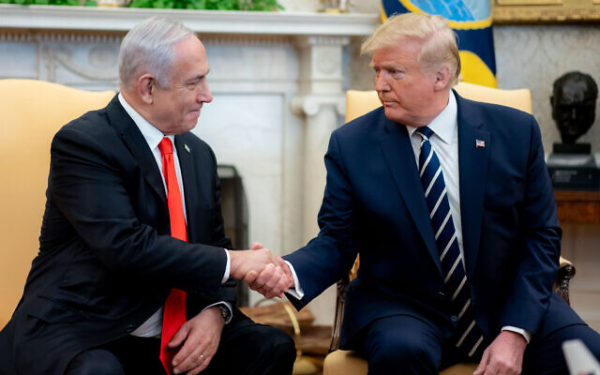
If he had read the tea leaves correctly, he would have certainly known that his “vision” of peace does not even meet the minimum demands of the Palestinian Authority, whose president, Mahmud Abbas, roundly rejected it as a “conspiracy” and nothing less than a bilateral agreement between Israel and the United States.
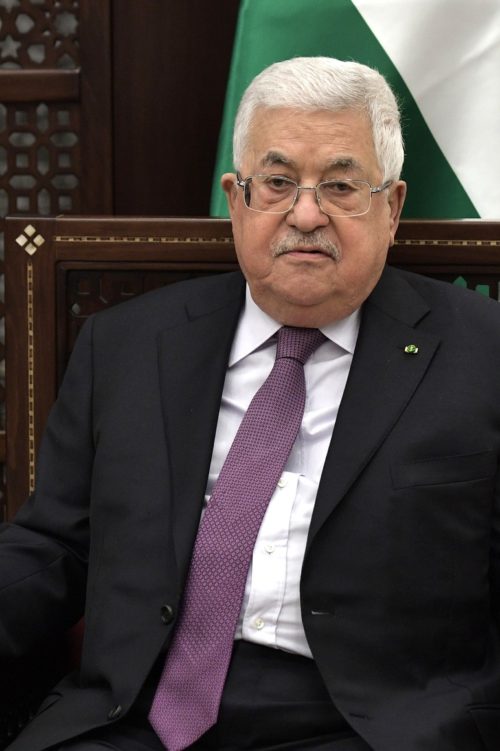
Tilted heavily in Israel’s favor, the plan foresees the creation of a truncated and demilitarized Palestinian state in about 70 percent of the West Bank and in the entire Gaza Strip within four years.
If land swaps take place, as the plan recommends, the Palestinians would also receive scattered pockets of Israeli territory in the sparse western Negev Desert close to Gaza and in the so-called Little Triangle, where some 250,000 Israeli Arabs live in more than a dozen towns and villages. As can be seen, such a Palestinian state would be broken up into several units and would be surrounded by Israeli settlements and army camps. Its disconnected components would be linked by roads, bridges and tunnels under Israel’s control.
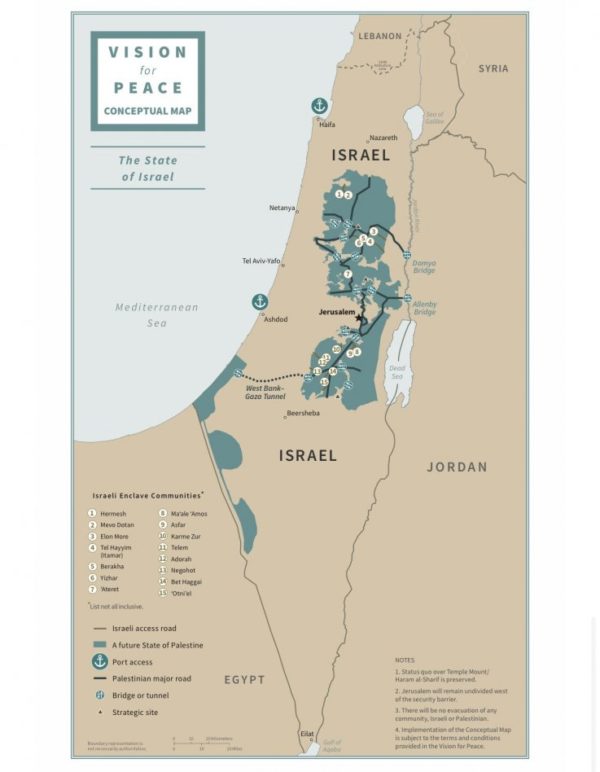
All the Jewish settlements and outposts, as well as the Jordan Valley and the northern end of the Dead Sea, would be annexed by Israel, and Israel would be responsible for maintaining security in the entire West Bank. In Gaza, which has been ruled by Hamas since 2006, Hamas would be unseated and disarmed.
Israel’s undivided capital would be in Jerusalem, and it would include the Muslim and Christian quarters. The Palestinian capital would be in Abu Dis, a suburb of Jerusalem. The Palestinians could not sign international agreements without Israel’s consent. There would be no “right of return” for Palestinian refugees.
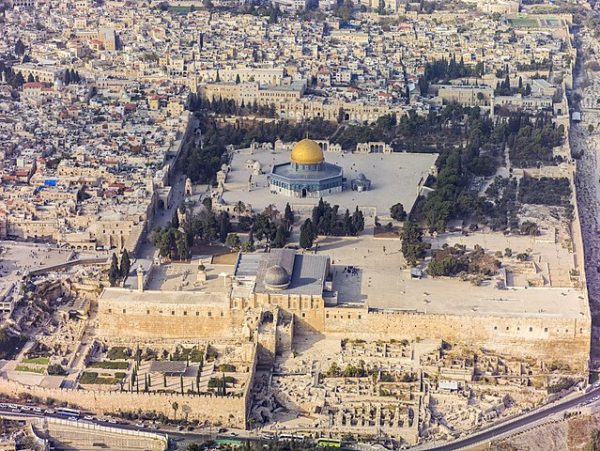
Unless the Palestinians accept these conditions, and recognize Israel as a Jewish state, they will not be granted statehood.
To the Trump administration, this is a “realistic” two-state solution, supposedly the Palestinians’ last chance to achieve statehood. In reality, the Trump plan is a non-starter that no self-respecting Palestinian leadership could ever endorse.
It denies the Palestinians sovereignty in one-third of the West Bank and imposes restrictions on them in the rest of the West Bank. It tacitly expects the Palestinian Authority to seize Gaza from Hamas. It leaves all the settlements in the West Bank, even those in Palestinian areas, in Israel’s hands. It severs East Jerusalem from Palestinian territory. It gives the Palestinians less than a quarter of the historic land mass of pre-1948 Palestine.
In short, it more or less preserves the status quo that was established after Israel’s victory in the 1967 Six Day War. How could the Trump administration possibly think this plan would be acceptable to the Palestinians? It can’t be taken seriously, and is a pale imitation of previous peace plans.
The 2002 Arab League peace proposal, revised in 2007, envisaged a complete Israeli withdrawal from the West Bank, the establishment of a Palestinian capital in East Jerusalem, and a resolution of the Palestinian refugee problem by mutual agreement. In exchange for these concessions, the Arabs were prepared to recognize Israel and normalize relations with it.
Israel turned down this plan, unwilling to pay the price for peace.

Israeli peace plans proposed by Ehud Barak and Ehud Olmert in 2000 and 2008 respectively were far more realistic. Barak and Olmert were ready to give up about 90 percent of the West Bank, leaving the major settlement blocs in Israel territory. They were also ready to evacuate 80 percent of the Jewish settlers and allow East Jerusalem to be the capital of a Palestinian state.
Cavalierly flouting these principles, the Trump administration rewrote the script, setting the stage for the Palestinians’ rejection of its peace plan. Abbas, contemptuously denouncing it as a slap in the face, announced on February 1 that he would “never accept this solution.”
He issued that angry retort after the 22-nation Arab League unanimously rejected the plan and vowed “not to cooperate” with the Trump administration in implementing it. The 57-nation Organization of Islamic Cooperation followed suit.
When the plan was officially unveiled, the Arab response was generally muted.
Bahrain, the United Arab Emirates and Oman sent their ambassadors to the ceremony at the White House in Washington, D.C., but they withheld formal endorsement. Saudi Arabia, Morocco and Egypt voiced “appreciation” for Trump’s efforts. Jordan, however, reiterated its support for a two-state solution based on Israel’s pre-1967 border and on the principle that East Jerusalem would be the Palestinian capital.
Syria and Iran completely rejected the plan. Turkey dismissed it as a “disgraceful” scheme.
Having blithely claimed that it is good “for everyone, every Israeli and Palestinian,” U.S. Secretary Mike Pompeo has challenged the Palestinians and Arabs “to come up with a counter-offer.”
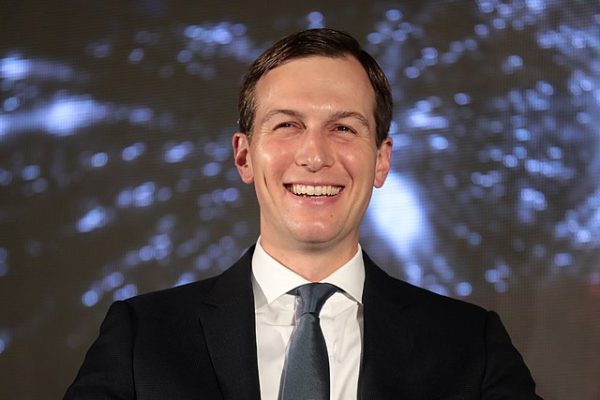
Jared Kushner, Trump’s son-in-law, advisor and the prime architect of the plan, lashed out at the Palestinians a day after they rejected it. “The Palestinian people are on a terrible trajectory thanks to a lot of bad decisions by their leadership,” he said. “They have to stop holding out for myths that will never come, and fairy tales that will never come.”
Kushner should bear in mind that the Trump plan is the stuff of “fairy tales.”
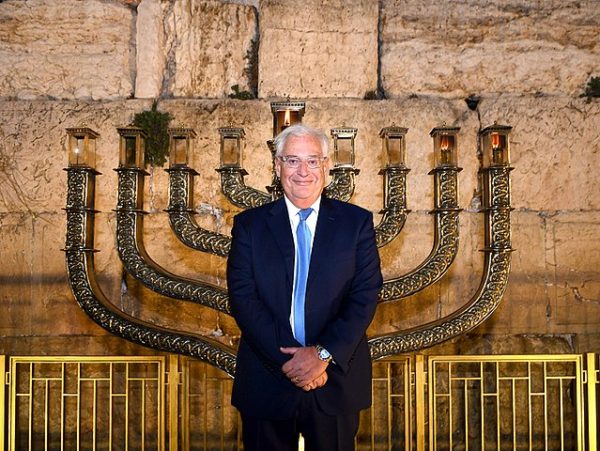
Kushner’s associate, David Friedman, the U.S. ambassador to Israel, told a group of Jewish and evangelical Christian leaders that a considerable amount of time would pass before a Palestinian state emerges. This was a back-handed, cynical way of saying that the plan can only benefit Israel. In fact, it is little more than a gift to Netanyahu on the eve of Israel’s March 2 general election and a promise fulfilled to Trump’s evangelical Christian and conservative Jewish base.
It’s clear that the one-sided Trump plan is going nowhere. Unless it is overhauled and rendered fair and equitable to both sides, providing the Palestinians with a viable and contiguous state and Israel with the security it requires, this misbegotten plan will have no future.
